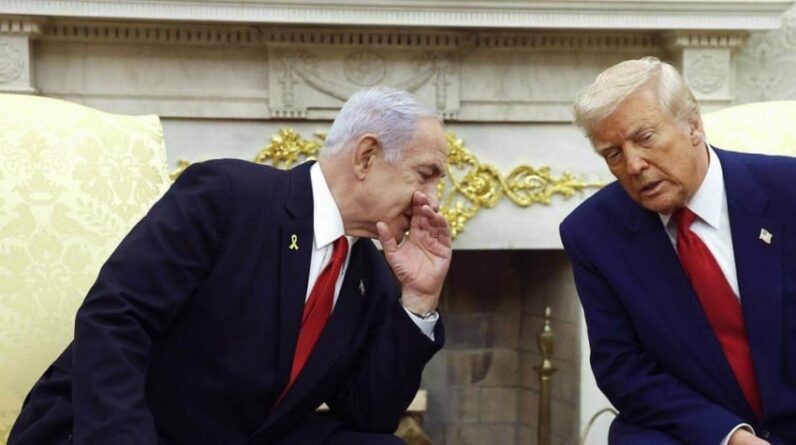
loading…
Demonstrasi pro-Stalin dari Partai Komunis Israel di Tel Aviv, 1948. Foto/Pinn Hans/Israeli Government Press Office
Meskipun pengakuan ini tampak bertentangan dengan sikap anti-Zionis resmi Soviet, keputusan tersebut mencerminkan kalkulasi pragmatis dalam konteks Perang Dingin dan dinamika Timur Tengah pada saat itu.
Setelah berakhirnya Perang Dunia II, Timur Tengah menjadi arena persaingan antara kekuatan besar, terutama antara Uni Soviet dan negara-negara Barat seperti Inggris dan Amerika Serikat.
Palestina, yang saat itu berada di bawah Mandat Inggris, menjadi titik fokus karena meningkatnya ketegangan antara komunitas Yahudi dan Arab.
Uni Soviet melihat peluang memperluas pengaruhnya di kawasan dengan mendukung pembentukan negara Yahudi yang mungkin akan bersikap anti-Inggris dan pro-Soviet.






